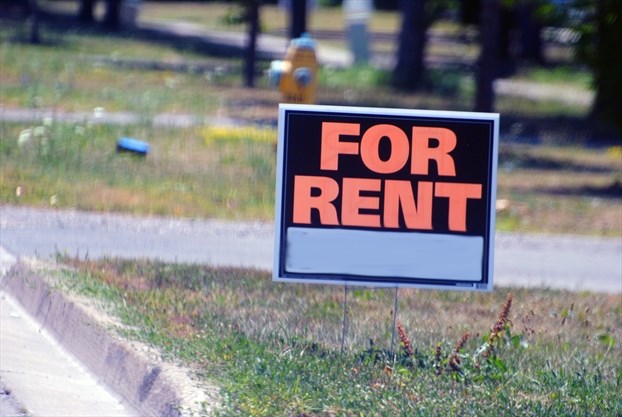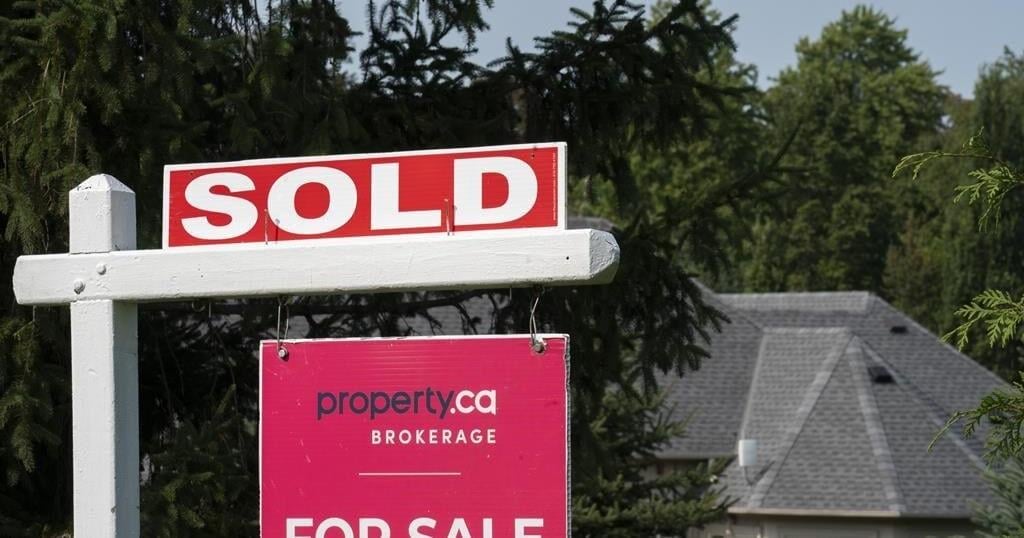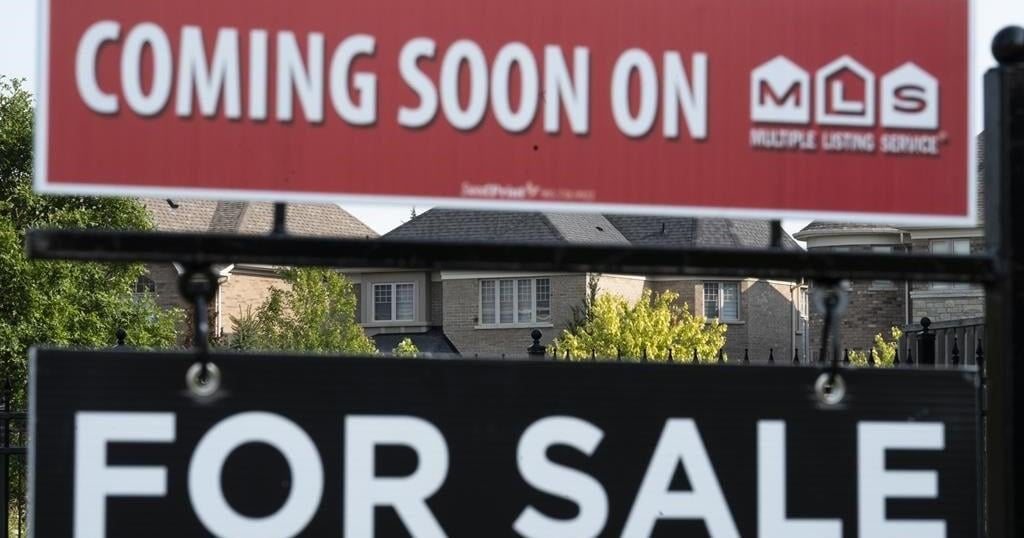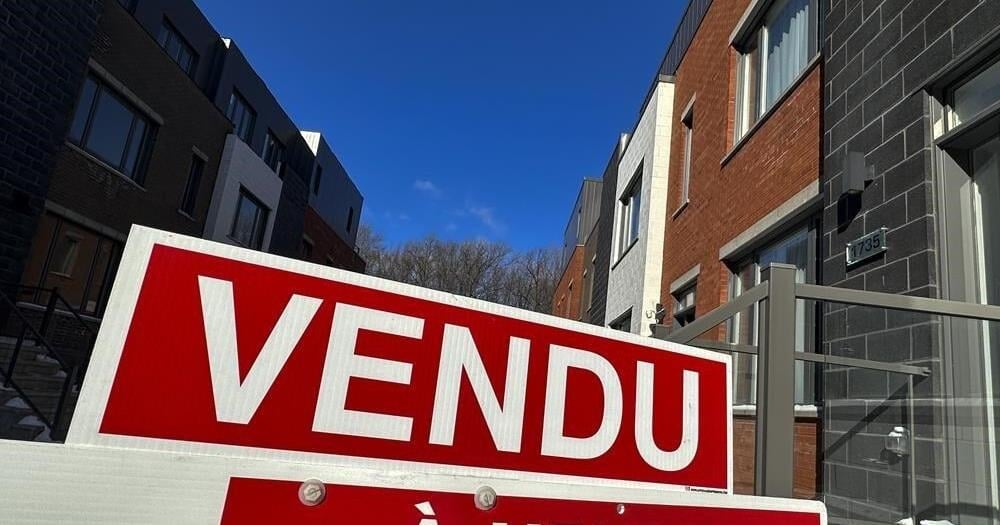The Trudeau government has tabled a rent relief bill that allows commercial tenants to get direct access to emergency rent relief instead of requiring buy-ins from landlords. The Canada Emergency Rent Subsidy (CERS) was introduced on October 9, 2020, to replace the CECRA that expired on September 30, 2020.
So, far what we know is that the CERS will be far simpler to apply than the CECRA. Under the old program, tenants did not get support directly but they had to negotiate and get into reduction agreements with their landlords.
The relief will cover up to 65% of eligible expenses to charities, businesses, and non-profits that experienced revenue drops during the COVID-19 crisis. The CERS will reimburse rent expenses/commercial mortgage interest expenses on a sliding scale up to the set 65% limit.
Businesses that have been closed through some form of mandatory public health order will get a 25% top-up of the subsidy. The CERS subsidies are claimable retroactively up to September 27, 2020. It is still not clear how much will be available to property owners.
The CERS will work in conjunction with other relief programs implemented by the government like Canada Emergency Wage Subsidy (CEWS) and Canada Emergency Business Account (CEBA). The CEWS act was extended further to November 21, 2020, and tries to carter for those employers hardest hit by the COVID-19 pandemic. The CEWS that came into effect on July 5, 2020, offers a subsidy that is divided into two parts – base subsidy that is available to employers who suffered a revenue decline and top-up subsidy for those who are adversely affected by the crisis.
These reliefs will come in handy for those businesses that are cash strapped as it will free up money for other things like roof repairs in preparation for winter. For many residential and commercial premises, the onset of winter presents itself certain challenges especially those with roofs with hidden weak spots. Most of Vancouver’s best roofers agree that the COVID-19 crisis has left most businesses in a tight spot as it also coincides with the onset of winter in Canada.
Most businesses will need to set aside some money for various roofing repairs like attic ventilation inspection, the addition of heat cables to reduce curb ice dams formation, replacing old caulking and repairing of damaged flashing.
While most businesses have reopened after the COVID crisis, there are still worries of a second wave that will further cripple existing businesses. The crisis further puts at risk thousands of jobs held in the service sector and by minorities. According to Finance Minister Chrystia Freeland, the government has chosen targeted reliefs to take care of various vulnerable groups. Even Gord Johns the NDP small business critic seemed to support the rent relief program but adds that the government also needs to consider backdating funding for those tenants in debt or arrears.
Overall, the government desires to unlock some $2.2 billion in rent support to commercial tenants. The previous program did not work as the landlords were not particularly keen on participating.
Related

























